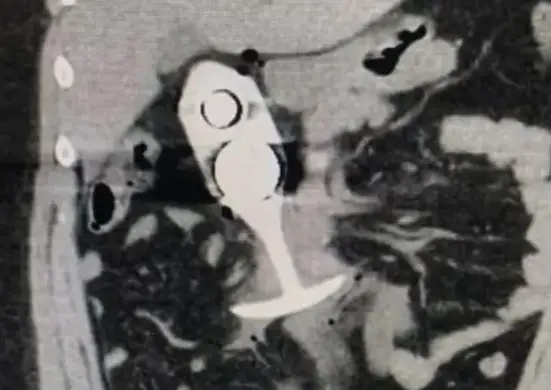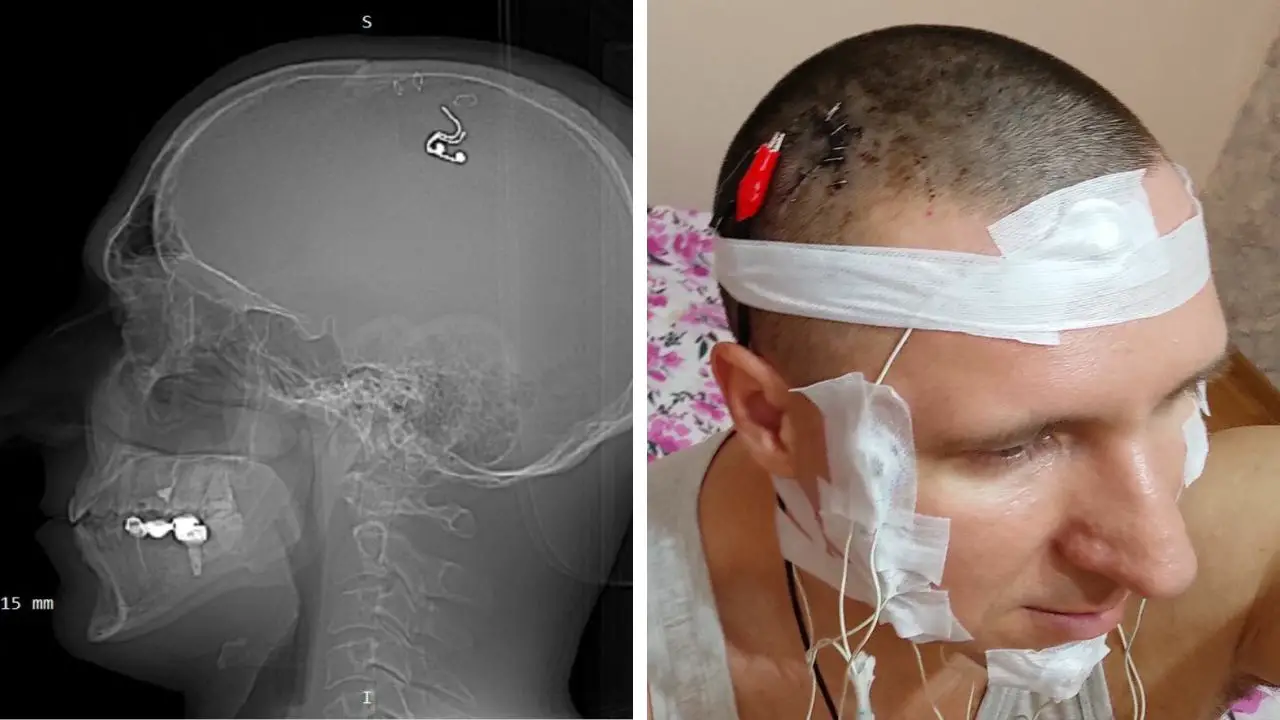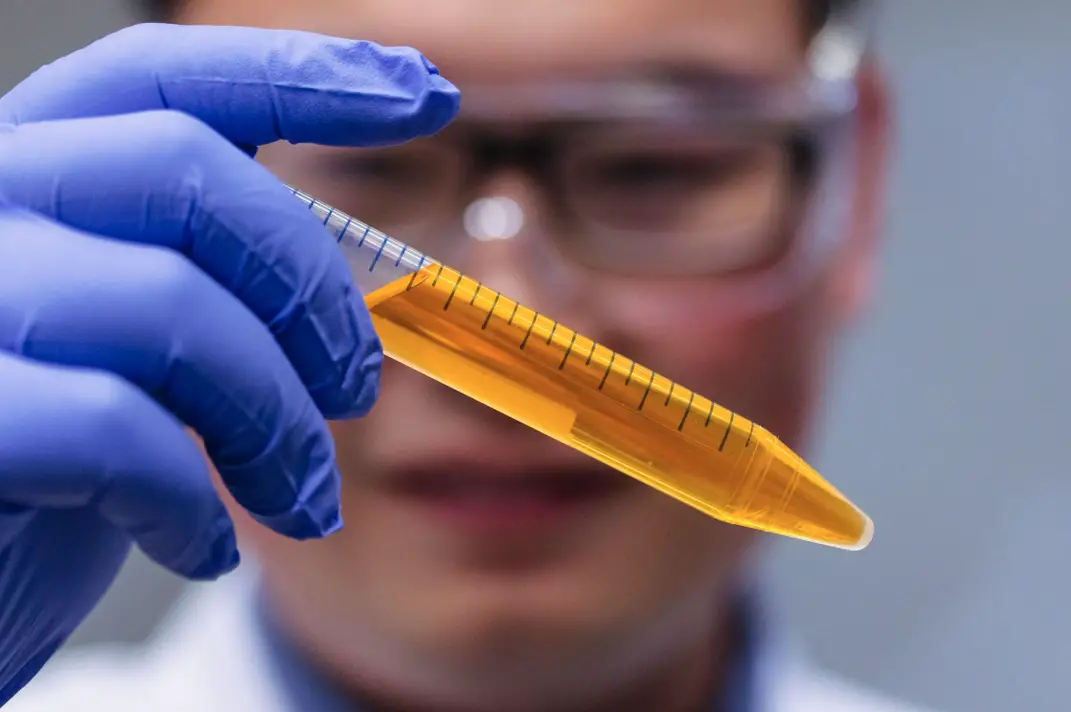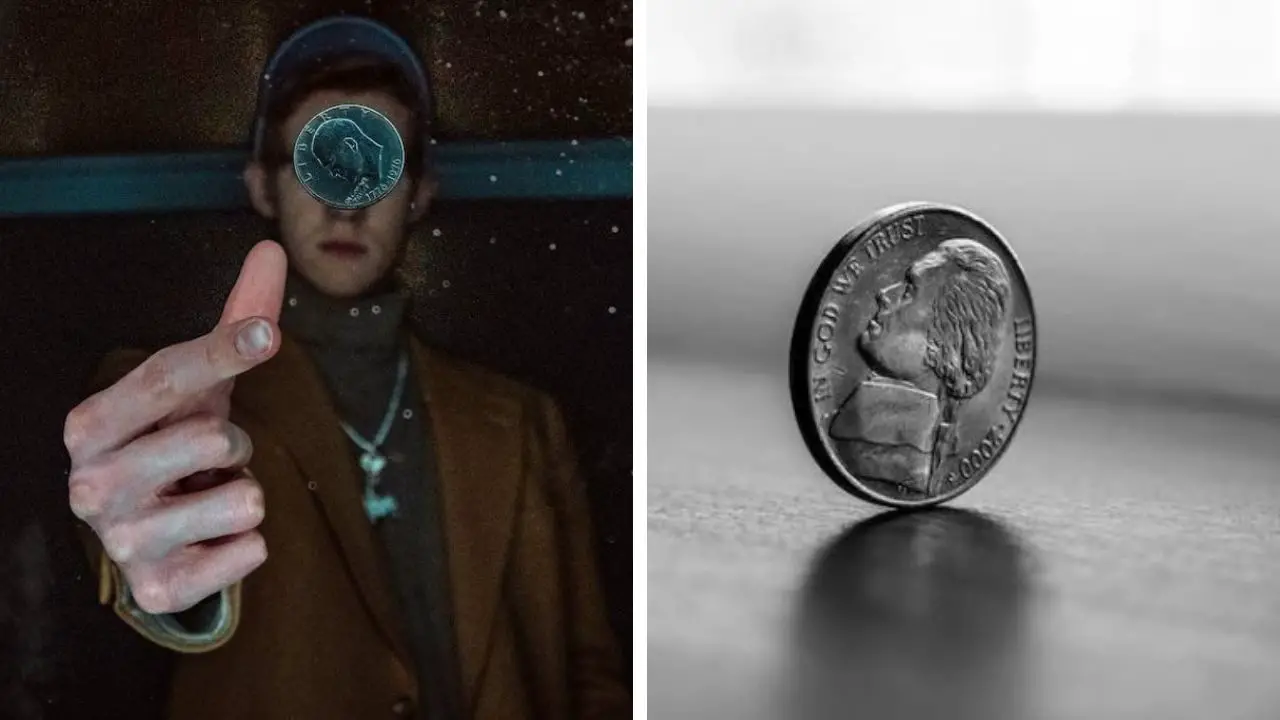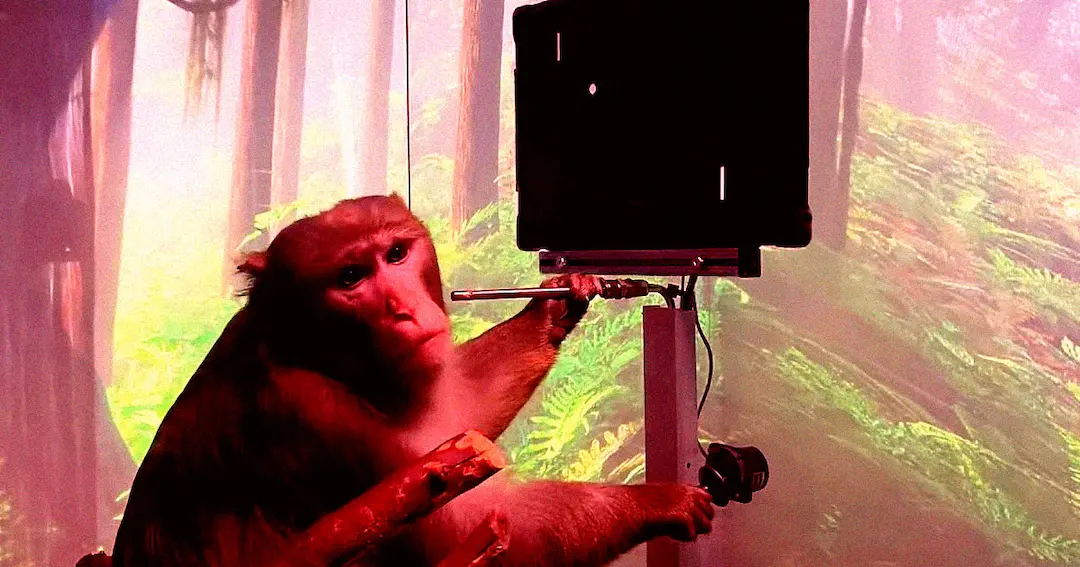Russian robotics firm offered $200,000 for those who gave their face and voice to a robot
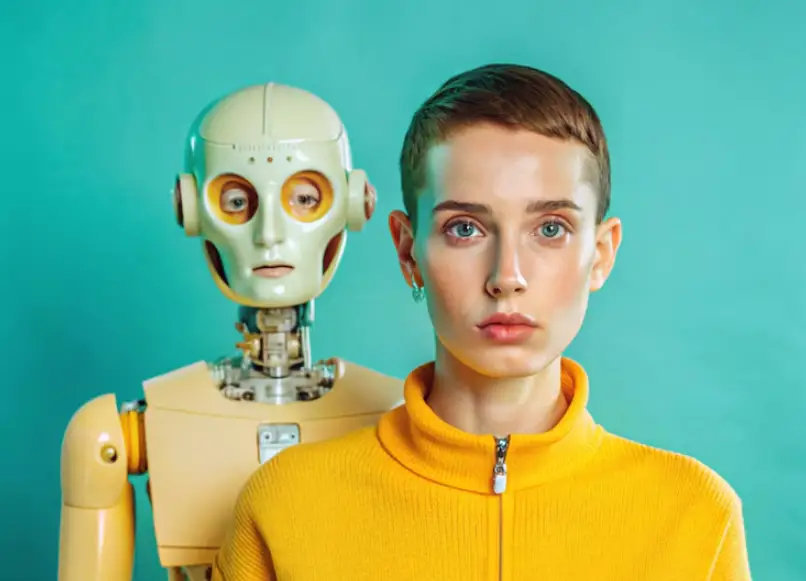
In 2021, Promobot, a leading Russian robotics company, captured global attention with a bold proposition: $200,000 in exchange for perpetual rights to an individual’s face and voice to develop hyper-realistic humanoid robots.
The initiative aimed to create robot assistants for high-traffic public spaces, such as hotels, shopping malls, and airports.
The offer drew over 20,000 applications, sparking excitement and ethical debates about privacy and the commodification of personal identity.
As of June 2025, the project is confirmed to be over, with no similar offers currently active. This article revisits the offer, its impact, and its legacy in the context of robotics innovation.
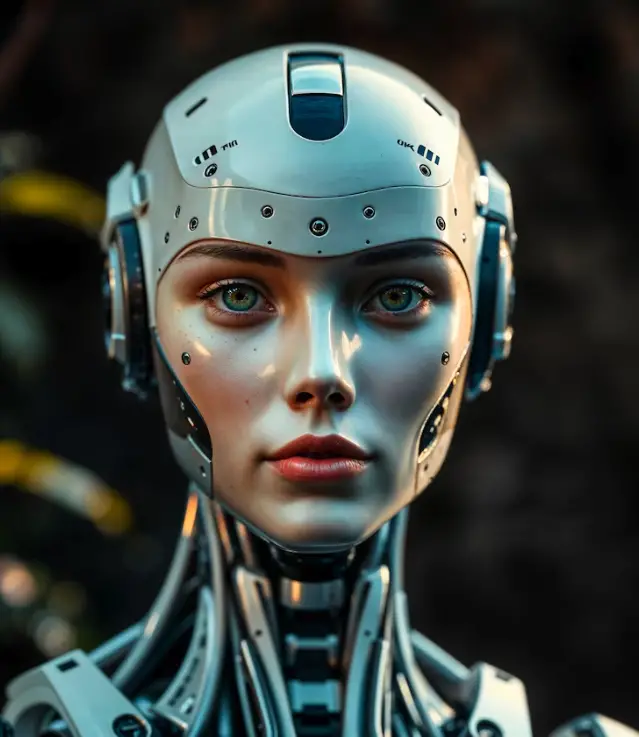
The Offer and Its Details
Promobot announced the offer in November 2021, seeking a “kind and friendly” face to serve as the model for its next generation of humanoid robots.
The selected individual would undergo 3D modeling of their face and body and record over 100 hours of speech to create a synthetic voice.
The robots were intended for deployment in North America and the Middle East, with a planned launch in 2023, driven by an American client supplying solutions to airports, malls, and retail stores.
The offer was open to anyone over 25, regardless of gender or race, emphasizing inclusivity.
The financial incentive was substantial, but the catch was significant: the chosen individual would permanently relinquish control over their likeness and voice.
This meant the robot, potentially replicated thousands of times, could appear in public spaces worldwide without further consent or compensation.
The offer was framed as a way to avoid legal delays in licensing a new robot appearance, as Promobot stated, “Our new clients want to launch a large-scale project, and as for this, they need to license a new robot appearance to avoid legal delays”.
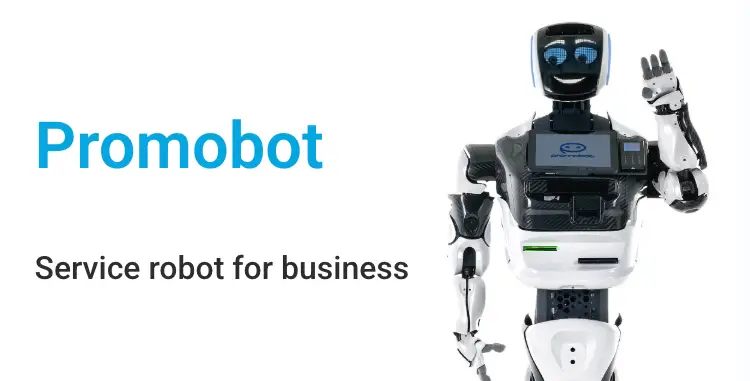
Promobot’s Background
Founded in 2015, Promobot is the largest service robotics manufacturer in Northern and Eastern Europe, headquartered in Perm, Russia, with offices in New York and Hong Kong.
This history of creating lifelike robots set the stage for the 2021 offer.
The Project’s Impact and Suspension
The offer generated immense interest, with Promobot receiving over 20,000 applications within days.
The overwhelming response led the company and its American client to suspend the application process in late 2021.
A statement on Promobot’s website read, “The Promobot company wants to say thanks to everyone who responded to participation in the project.
Today we have received over 20,000 applications and our client has decided to suspend the request collection”.
The company anticipated a decision timeline of up to 12 months, but no further updates confirmed whether a candidate was selected or if the robot was developed.
As of June 2025, Promobot’s website explicitly states that the humanoid project is over, and no applications are being accepted.
There are no indications of a revived offer or similar initiatives, suggesting the project was either completed without public announcement or abandoned.
Ethical and Legal Considerations
The offer sparked significant ethical debates about the implications of selling one’s identity.
Technology ethicists raised concerns about the permanent loss of control over one’s likeness, noting potential risks of misuse or unintended consequences.
“While the financial incentive is tempting, individuals must consider the long-term implications of having their likeness used indefinitely without further consent or compensation,” a technology expert noted.
Critics argued that such a deal could erode personal privacy and identity, especially if the robot’s likeness was used in ways the individual did not anticipate.
Legally, the transfer of likeness rights required careful documentation to comply with privacy and intellectual property laws, which vary by jurisdiction.
Promobot’s initiative highlighted the need for robust legal frameworks to govern such transactions, particularly as robotics and AI technologies advance.

Promobot’s Technology and Market Context
Promobot’s robots leverage advanced technologies, including facial recognition, speech synthesis, autonomous navigation, and artificial intelligence.
The company’s humanoid robots, like the Android Robo-C, can mimic over 600 facial expressions, making them highly interactive.
The global humanoid robot market is projected to grow significantly, with a report estimating a USD 59.18 billion increase from 2025 to 2029, driven by demand for enhanced visibility and flexibility in industrial operations.
Promobot’s 2021 offer aligned with this trend, aiming to create more relatable robots to meet market demands.
However, ethical challenges, such as those highlighted by the offer, remain a significant hurdle for the industry.
Current Status and Promobot’s Ongoing Work
As of June 2025, the $200,000 face and voice offer is no longer active. Promobot’s website confirms the project’s conclusion, and no similar initiatives have been announced.
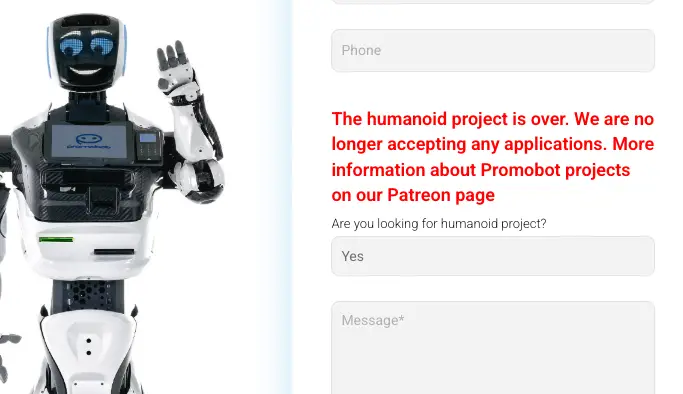
Broader Implications for Robotics
The 2021 offer remains a significant case study in the evolving field of robotics.
It highlighted the potential for humanoid robots to transform public interactions, from customer service to healthcare, but also underscored the ethical and legal complexities of using human likeness in technology.
As companies like Promobot, Tesla, and SoftBank Robotics advance humanoid robot development, society must address questions about privacy, autonomy, and the future of work.
The lack of updates on Promobot’s project suggests challenges in balancing innovation with these concerns, but it also reflects the rapid pace of change in the robotics industry.
| Aspect | Details |
|---|---|
| Company | Promobot, largest service robotics manufacturer in Northern/Eastern Europe |
| Offer | $200,000 for perpetual face and voice rights |
| Purpose | Humanoid robot assistant for hotels, malls, airports |
| Launch Date | Planned for 2023, project now over |
| Applicant Requirements | Over 25, “kind and friendly” appearance, any gender/race |
| Applications Received | Over 20,000, process suspended |
| Technologies Used | Facial recognition, speech synthesis, AI, autonomous navigation |
| Ethical Concerns | Loss of privacy, identity control, long-term implications |
| Current Status | Project concluded, no similar offers currently available |
Applicant Perspectives and Public Reaction
While specific applicant stories are unavailable, the 20,000-plus applications indicate widespread public interest.
Many were likely drawn by the $200,000 reward, while others saw an opportunity to contribute to technological advancement.
The rapid response overwhelmed Promobot, leading to the project’s suspension. Public reactions, as seen in media coverage and an X post from 2024, ranged from fascination to skepticism, with some questioning the ethical implications of “Prosthetic limbs for sale.”
Though the project ended without a clear outcome, it sparked vital conversations about the ethics of robotics and the value of personal identity.
As of June 2025, the offer is no longer available, and Promobot has shifted focus to other service robot initiatives.










